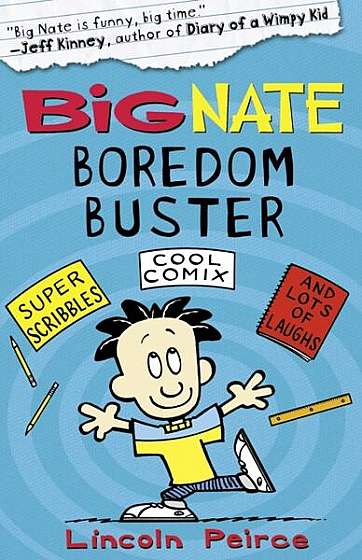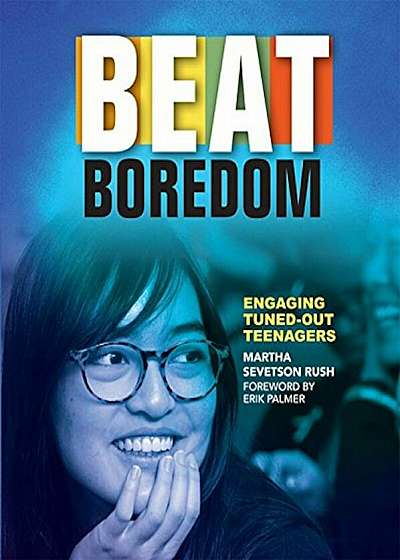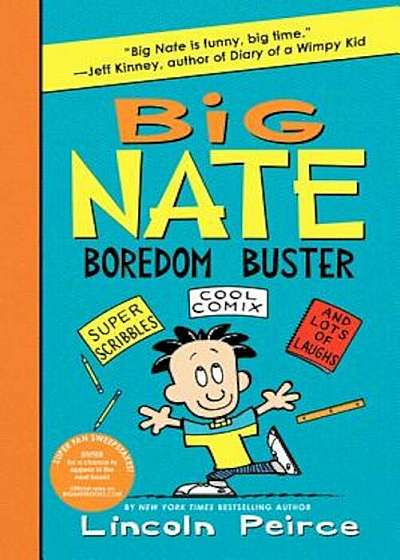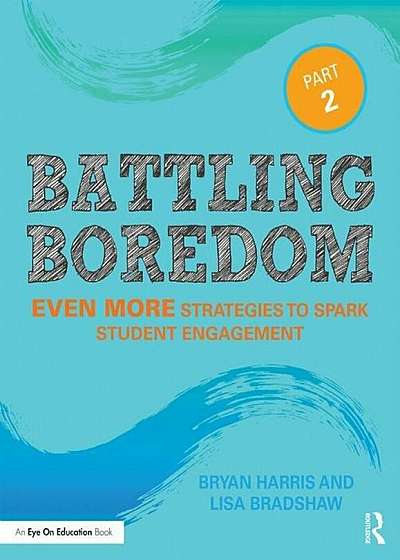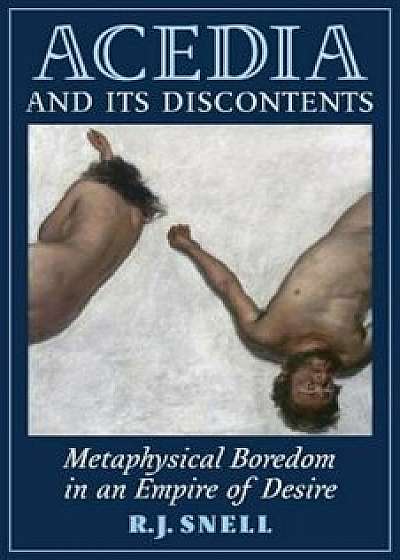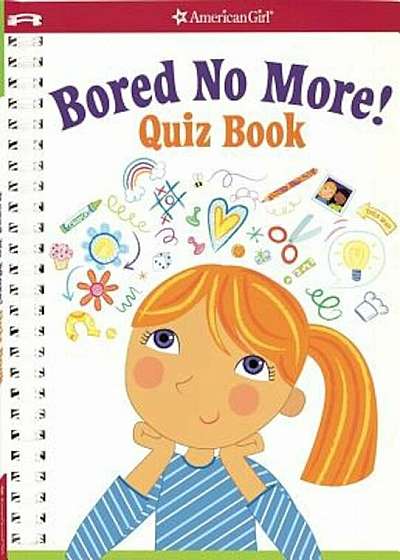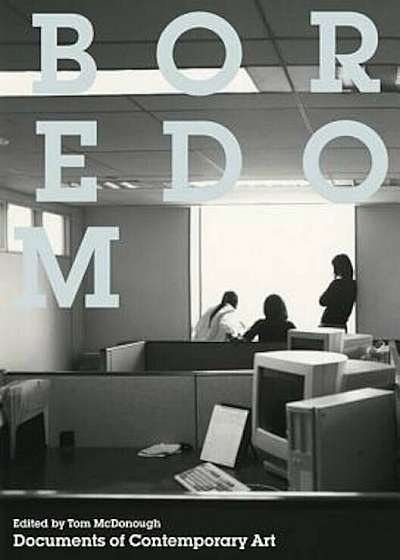
Boredom, Paperback
Descriere
Without boredom, arguably there is no modernity. The current sense of the word emerged simultaneously with industrialization, mass politics, and consumerism. From Manet onwards, when art represents the everyday within modern life, encounters with tedium are inevitable. And starting with modernism's retreat into abstraction through subsequent demands placed on audiences, from the late 1960s to the present, the viewer's endurance of repetition, slowness or other forms of monotony has become an anticipated feature of gallery-going. In contemporary art, boredom is no longer viewed as a singular experience; rather, it is contingent on diverse social identifications and cultural positions, and exists along a spectrum stretching from a malign condition to be struggled against to an something to be embraced or explored as a site of resistance. This anthology contextualizes the range of boredoms associated with our neoliberal moment, taking a long view that encompasses the political critique of boredom in 1960s France; the simultaneous aesthetic embrace in the United States of silence, repetition, or indifference in Fluxus, Pop, Minimalism and conceptual art; the development of feminist diagnoses of malaise in art, performance, and film; punk's social critique and its influence on theories of the postmodern; and the recognition, beginning at the end of the 1980s, of a specific form of ennui experienced in former communist states. Today, with the emergence of new forms of labor alienation and personal intrusion, deadening forces extend even further into subjective experience, making the divide between a critical and an aesthetic use of boredom ever more tenuous. Artists surveyed include Chantal Akerman, Francis Alÿs, John Baldessari, Vanessa Beecroft, Bernadette Corporation, John Cage, Critical Art Ensemble, Merce Cunningham, Marcel Duchamp, Fischli & Weiss, Claire Fontaine, Dick Higgins, Jasper Johns, Donald Judd, Ilya Kabakov, Boris Mikhailov, Robert Morris, John Pilson, Sig
